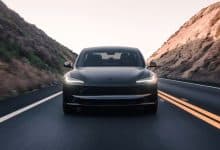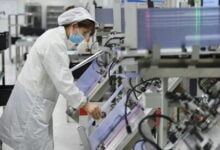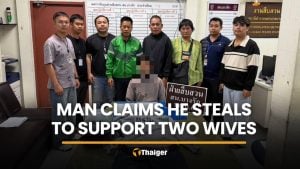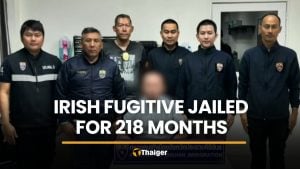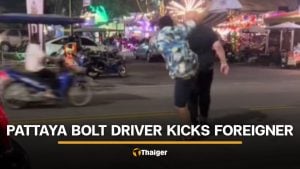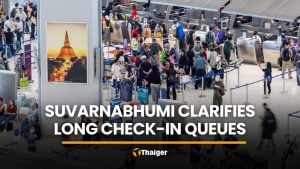‘Give China some control of Taiwan,’ says Elon Musk

United States business magnate Elon Musk embroiled himself in the politically sensitive One China-Taiwan debate over the weekend. Unsurprisingly, the Tesla CEO’s controversial comments in the Financial Times caused a backlash and, even more surprisingly, drew praise.
The world’s richest man endeared himself to China, but not Taiwan, suggesting the mainland should have some control over the island to resolve the cross-strait dispute.
Musk said…
“My recommendation… would be to figure out a special administrative zone for Taiwan that is reasonably palatable, probably won’t make everyone happy. And it’s possible, and I think probably, in fact, that they could have an arrangement that’s more lenient than Hong Kong.”
China’s ambassador to the US Qin Gang hailed the 51 year old entrepreneur’s comments.
He said…
“I would like to thank Elon Musk for his call for peace across the Taiwan Strait and his idea about establishing a special administrative zone for Taiwan. Actually, peaceful reunification and the country, two systems are our basic principles for resolving the Taiwan question and the best approach to realizing national reunification. Provided that China’s sovereignty, security and development interests are guaranteed after reunification, Taiwan will enjoy a high degree of autonomy as a special administrative region, and a vast space for development.
“The rights and interests of the people in Taiwan will be fully protected, and both sides of the Taiwan Strait will share the glory of national rejuvenation. Peaceful reunification of China is also conducive to peace and development in the Asia-Pacific and the wider world.”
Taiwan’s ambassador to Washington, Hsiao Bi-khim, weighed in on the debate.
She said…
“Taiwan sells many products, but our freedom and democracy are not for sale. Any lasting proposal for our future must be determined peacefully, free from coercion, and respectful of the democratic wishes of the people of Taiwan.”
Shihoko Goto, the director for geoeconomics and Indo-Pacific enterprise at the Wilson Center in Washington DC, believes Musk’s comments will damage his business interests.
She said…
“Let’s bear in mind that Elon Musk is supposedly on the brink of purchasing Twitter. Of course, Twitter is banned in China because free speech is not allowed in China. So, if he is investing in Twitter, his company will probably not be able to operate in a Taiwan that is going to be under pressure or under the thumb of China. That would be a suicidal act on the part of Elon Musk.”
Musk was also criticised by former Taiwan minister Lin Chia-lung.
“Musk is trading with the devil, and we will not be affected by his word.”
Musk is no stranger to geopolitics controversy. Last week he suggested Ukraine permanently cede Crimea to Russia to bring peace to the conflict.
Musk’s business interests in China don’t appear to be struggling in the short term. Tesla delivered over 83,000 China-made electric vehicles last month. The delivery broke the previous Tesla record in June.
The debate on the One-China policy has been ramped up since US House of Representatives Speaker Nancy Pelosi’s ill-advised visit to Tapei in August.
The One-China policy of Taiwan as a province and part of the mainland was recognized by the United Nations General Assembly Resolution in 1971. Since the founding of the People’s Republic of China in 1949, 181 countries have established diplomatic relations with China on the One-China policy.
Latest Thailand News
Follow The Thaiger on Google News:
